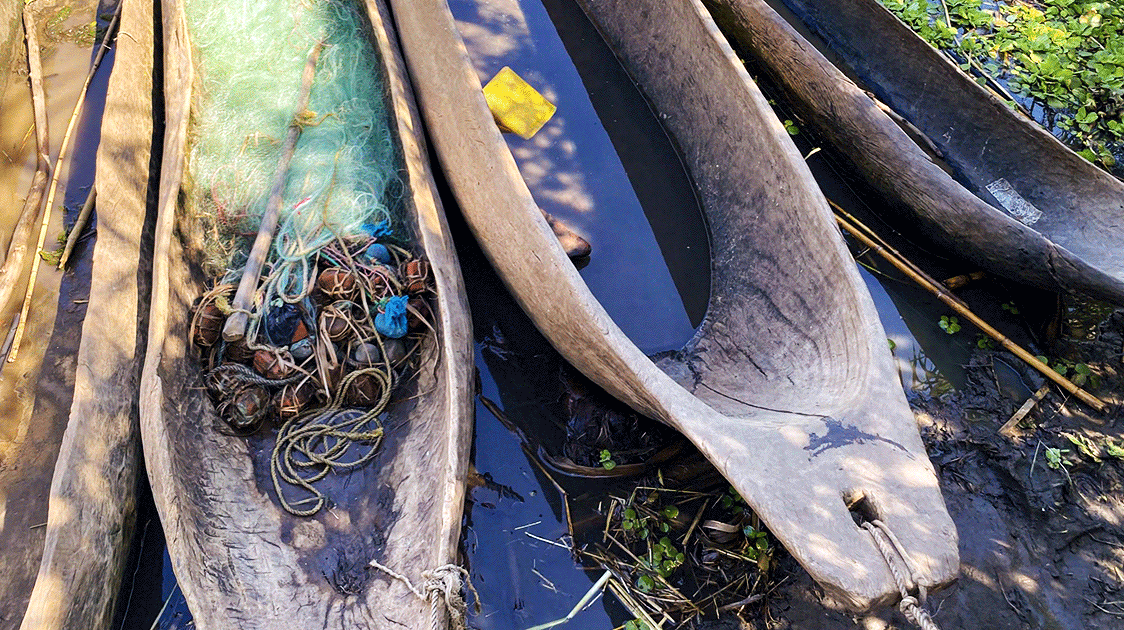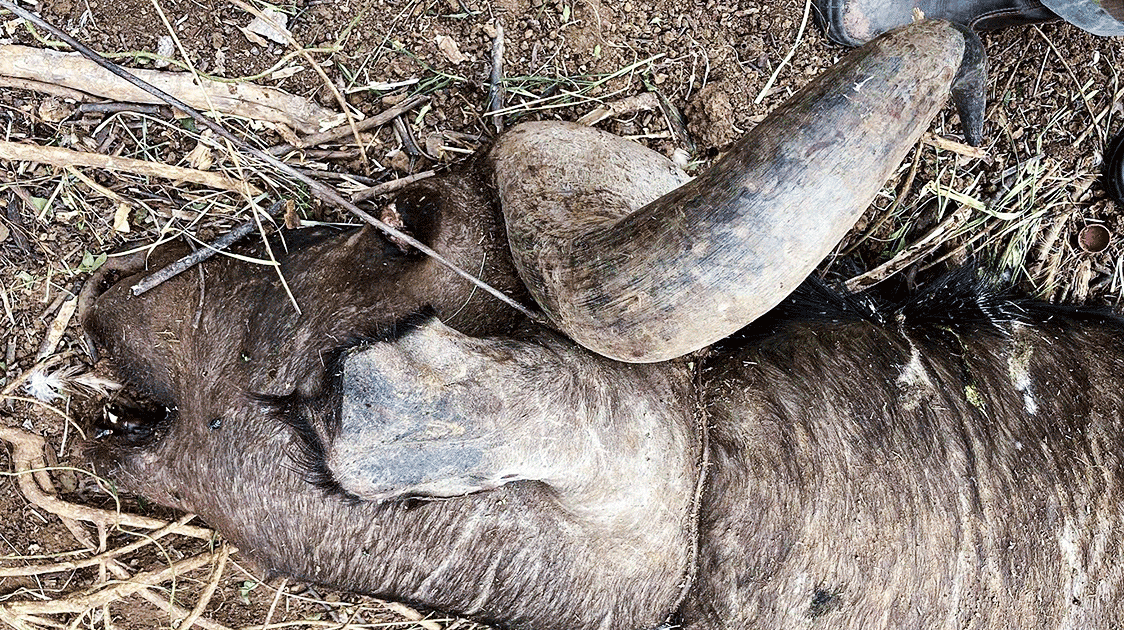Drivers and Dynamics of The Wildlife Trade

The State of the African Wildlife Report notes that the drivers and dynamics of the wildlife trade are complex.
Effective, accountable, and inclusive institutions are needed to ensure that the exports of wild goods and services are not detrimental to wildlife.
Like all economic sectors, the wildlife economy requires transparency, a robust regulatory framework, and good governance. In the fisheries sector, the focus is on eliminating Illegal, unreported, and unregulated fishing.
The same approach is valid for the terrestrial wildlife economy.
A legal trade in wild goods and services requires robust monitoring, reporting and regulations.
For example, a recent World Bank report (2019) highlighted that illegal logging, fishing, and wildlife trade depletes natural resources, deprives countries of revenues, and undermines key ecosystem services such as carbon storage and water filtration.

This is enabled by systematic corruption and weak governance across the public and private sectors.
The Bank recommends that governments need instead to promote legal and sustainable logging, fishing, and wildlife trade and to capture the benefits from exporting ecosystem services such as carbon storage and ecotourism.
In doing so, the countries will both improve local livelihoods and increase their fiscal revenues.




Comments ()